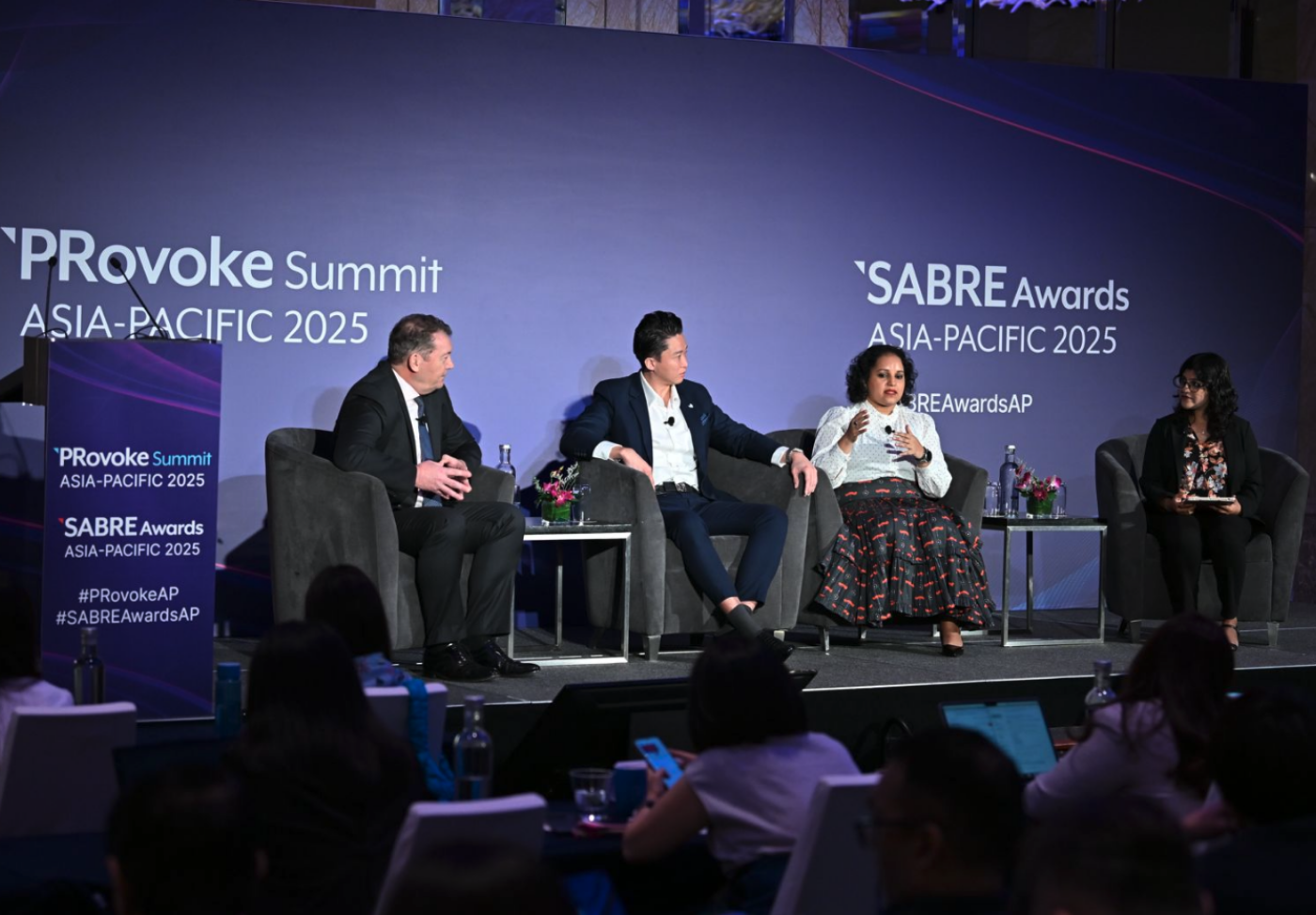
Contributed by Kelvin Koh, Managing Director, Truescope Singapore
In a time when generative AI models like ChatGPT and Perplexity dominate headlines and increasingly power search results, it’s easy to wonder. Do communicators still need media monitoring providers? Isn’t all the information already out there, ready to be scraped, summarised and served instantly?
The short answer is, “Yes, all the information is out there. But not all of it is accurate, credible or actionable.”
Having spent years working with communications leaders across government agencies, I’ve seen firsthand how damaging it can be to rely on incomplete or misinterpreted data. In a media landscape that’s constantly evolving and in a world where perception can shift overnight, the ability to filter signals from noise is not just useful. It’s mission-critical.

The Truth About LLMs and Their Data Sources
Large language models (LLMs) are impressive in their scale and speed. But their knowledge is fundamentally shaped by the content they ingest. A recent study by Semrush reveals that most LLMs get the majority of their data from a combination of open web sources like Quora, Reddit, Wikipedia, Google Search, Amazon product listings, Tripadvisor reviews and general forums, not exactly the most preferred sources when making data-driven decisions.
While these platforms have their uses, they are often riddled with inaccuracies, unverifiable opinions, outdated references, or commercial bias. Reddit threads, for instance, may capture sentiment but lack context or verification. Wikipedia is editable by anyone. Amazon and Tripadvisor reviews are deeply subjective. None of these offer the editorial rigour or fact-checking protocols of professional journalism.
So, if you’re a communicator making strategic decisions about reputation, crisis response, or campaign impact, is this really the data you want to rely on?
The Truescope Difference: Curated, Credible, Communications-First
At Truescope, we built our platform specifically for the needs of communications professionals. That means our data goes beyond the training data that LLMs use.
We don’t just rely on forums like Reddit or echo Wikipedia entries. Instead, we work with curated, licensed feeds from reputable sources such as The Straits Times, The Business Times, Channel NewsAsia, BBC, Reuters, CNN, and other Tier 1 media. We also monitor trade publications, radio, broadcast and social platforms but only in ways that provide verified, contextual insights.
Unlike LLMs that regurgitate summaries, Truescope offers:
- Live data access via API and dashboards
- Curated media lists built by regional experts
- Structured sentiment and topic analysis
- Real-time alerts and analytics dashboards
- Multi-market coverage tailored to client needs
Most importantly, our logic train isn’t driven by popularity or virality, it’s engineered by communications professionals who understand nuance, tone and media framing.
Beyond Data: Expertise and Service Matter
Another area where LLMs fall short is client service. You could ask ChatGPT how your brand is being positioned in Malaysian business media. Or get Perplexity to predict what topics might trend during Singapore’s F1 weekend.
But only Truescope gives you that same speed with an added layer of human intelligence.
Every insight is backed by our in-house analysts, ensuring statistical accuracy, verified facts and complete coverage across all media types including copyrighted and subscription-based sources that generic LLMs might miss.
What truly sets our approach apart isn’t just the technology, it’s the people behind it. Our in-house experts bring the crucial layer of domain and linguistic intelligence that ensures every insight is both relevant and comprehensive. From local vernacular to regional nuance, we don’t just track media, we understand it, across every market and every language.
Keeping Pace with AI’s Evolution
That said, we don’t see LLMs as competition. We see them as complementary. In fact, we constantly evolve our tech stack to integrate AI where it makes sense including auto-tagging themes, clustering narratives, and summarising sentiment. But we do it with a layer of journalistic and communications oversight.
Our platform is not a black box. Clients understand how results are generated. They can see source-level detail, trace sentiment shifts and extract meaningful insight.
This commitment to transparency and accuracy is what sets us apart in a world of AI-generated ambiguity.
The Communicator’s Edge: Data + Judgment
Communications is as much about interpretation as it is about information. A good media monitoring solution should not only tell you what was said, but what it means, who is saying it, and how it’s evolving.
This is where Truescope provides real value. We don’t just give you a feed. We give you focus.
So while generative AI tools will continue to improve and we welcome that innovation they are no replacement for trusted, context-rich, purpose-built media monitoring partners.
In a world saturated with content and conversation, what communicators need most is clarity. And that’s exactly what we deliver.
Kelvin Koh is the Managing Director of Truescope Singapore, an AI-led media intelligence company serving communications professionals across APAC.





